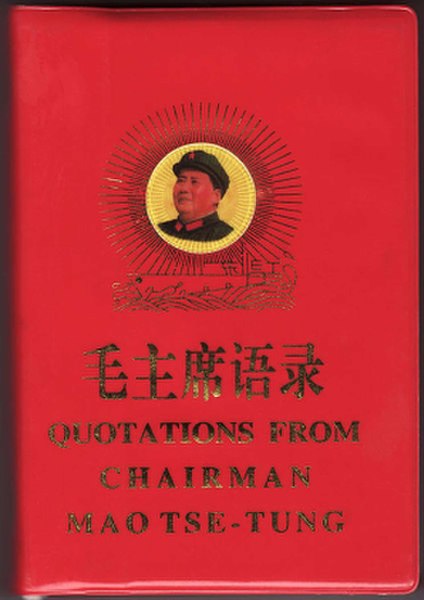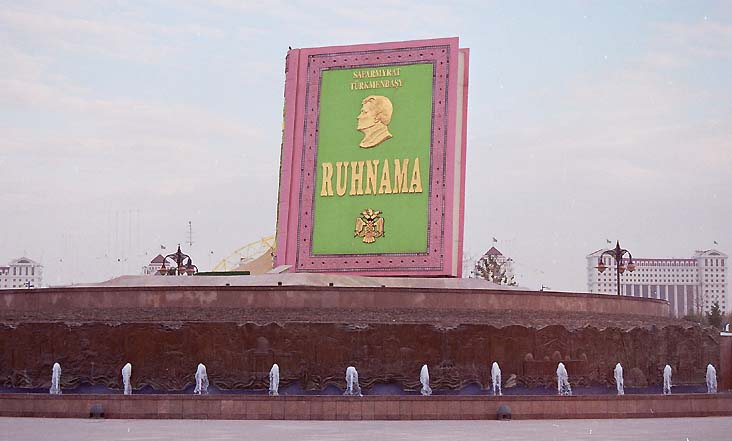A special media-geek treat just in time for Christmas: Head on over to
the Educational Comics archive at the University of Nebraska-Lincoln. The archive is chock-full of charming, fun titles such as "Crack Busters" (an anti-drugs comic that is like Reefer Madness but in comic-book form for crack), "Mickey Mouse and Goofy Explore Energy", "Stop and Go, the Safety Twins", and "The Amazing Spiderman vs. the Prodigy" (a Very Special Episode of Spider-Man presented by 'Planet Parenthood', about sex education).
Credit to
WFMU for tweeting the link.
Every issue I've looked at so far is an entertaining read combining the best rasas of corny, kitchy, informative, naive, hilarious, and progressive. It's tough to pick just one issue to show, so below I have a random one to share.
BTW, I did this using
ImageMagick; a simple convert command (convert $FILE.pdf $FILE.png) does the trick.
And now, sit back and enjoy one underdog classic, "Dracons Visit Earth To Study Food and the Land", (which is mis-titled as "Dragons". They're Dracons, from planet Draco).
Just from the title page, you know I had to go for this awesomeness from 1984 first. Especially since it was produced in my home state.
We meet our principles, Generic White Geek and a guy who dresses like young Bill Cosby on his way to an interview. I can understand the typical trope of having aliens speak Earthling English for reading convenience (including labeling the hull of your spaceship with your mission's purpose in a font taller than you are), but having an alien who makes English puns on his own name is just an extra helping of cheese on top of that.
Well, Cosbyman and Plucky Sidekick waste no time recycling a Star Trek trope (only it's the Dollar General store version of a transporter, using flashlights and hope) to beam down in front of a restaurant which the proprietors have sensibly named "Good Food Restaurant". Wait, it gets better!
"Well, I'm kinda busy taking orders here, in case you can't see that, so I'll push you off on my Hispanic flunky." Meanwhile, Scoop has shape-shifted into a cat, to blend in. But he (she? Can you ever tell with shape-shifters?) still carries his telltale medallion communicator, because that's a lot less obvious than just walking around as a white college student.
Scoop's plan backfires on him just two panels later. Why does a shapeshifting alien need to be afraid of a dog? Anyway, we get on with our educational exposition, with our adorable Flintstone family just stone cold chowin' down on some bugs. What a relief agriculture was!
Maria cheerfully explains the elementary concept of bread to our alien investigator, completely nonplussed that he wouldn't know this. Meanwhile, Scoop, who has so far proved himself utterly useless on this mission, rejoins us on his Community College Sophomore setting.
Yeah, this was 1984 (remember "We Are The World"?), when Americans went through a naive period where they didn't take into account the role that African politics plays in African famine. They just tried to cure world hunger by raising awareness, so that third world people could sit down to bowls of steaming awareness every morning.
Maria takes that Libertarian hard-line stance: "Poor people are poor because they just won't work, the lazy bums!" Scoop doubles his uselessness by peppering the dialog with tangent questions just when it was getting interesting.
Anthropomorphic veggies! Will the wonder never cease? Memo to Scoop: That's the third pun on your name, IT IS TIME TO STOP. No sooner do the dynamic duo flashlight over to the farm - because fuck walking - than Scoop mysteriously bows out again, possibly to morph into a skunk so he can get run over.
"Ed Itor"??? Forget fact-gathering missions, these aliens need their own sitcom. Meanwhile, Scoop, during corn harvest time, decides that this is the perfect time to morph into an ear of corn so he can talk to the other corn and find out... something. Because I guess corn talks. Never, in any scenario of substance abuse, have I ever had a hallucination this bizarre.
Alright, show of hands, who do we elect as the obvious Gilligan of this mission? That's right, Scoop, who has managed to get himself into trouble again with his shape-shifting shenanigans. Meanwhile farm-dude continues the pro-Capitalist theme by practically cackling over all the money, money, MONEY he's going to make off his corn.
Oh, God, my sides! We get a glorious chain of production as Scoop volunteers himself to become food, and part of him even gets the honor of passing through an animal's digestive tract. I sure hope there's a scene coming up where Scoops gets deposited as cow shit before he just pops up and walks away in his human form, firing off yet another groaner like "I'd better get up before somebody pooper-scoooops me, hyuk hyuk hyuk!"
We finally get the explanation for that huge jagged line across Farmer Jim's crop. And what the heck, this is informative content after all, and a mercifully Scoop-free page.
Jim and Ellen need to get back to the office, so he can show her his windbreak, if you know what I mean. And Scoop is back in the truck as yelling corn, just when we were about to forget about him. Mod Squad deliberates but decides to take Scoop with him back into space, saving all Earth life from being doomed to recycle Scoop through our digestive tracks forever.
Ye Gods, Scoop has a superiority complex! For being a bumbling shnook who mostly got in the way when he didn't need to be saved, he expects the Dracontis Prize??? Say it for us Chief: "No, I did all the work and carried the whole story, Scoop! Me, not you! I should get the Dracontis Prize, and then I should return you to Earth to fulfill your destiny of being poop!"
And that's our story, as our hero and his Load swoop away in their marvelous Captain-Planet-like spacecraft for further educational exploration. Which, come to think of it, you never really saw Star Trek do this sort of thing, did you? I mean for the Enterprise to have "explore strange new worlds" as part of its mission statement, you never saw Kirk go interview the natives about how they lived as much as he tried to either fight them, meddle in their affairs, or slip his tubesnake into the sexiest one.
Now, wasn't that a treat? Go to that link, there's tons more where this came from!





















